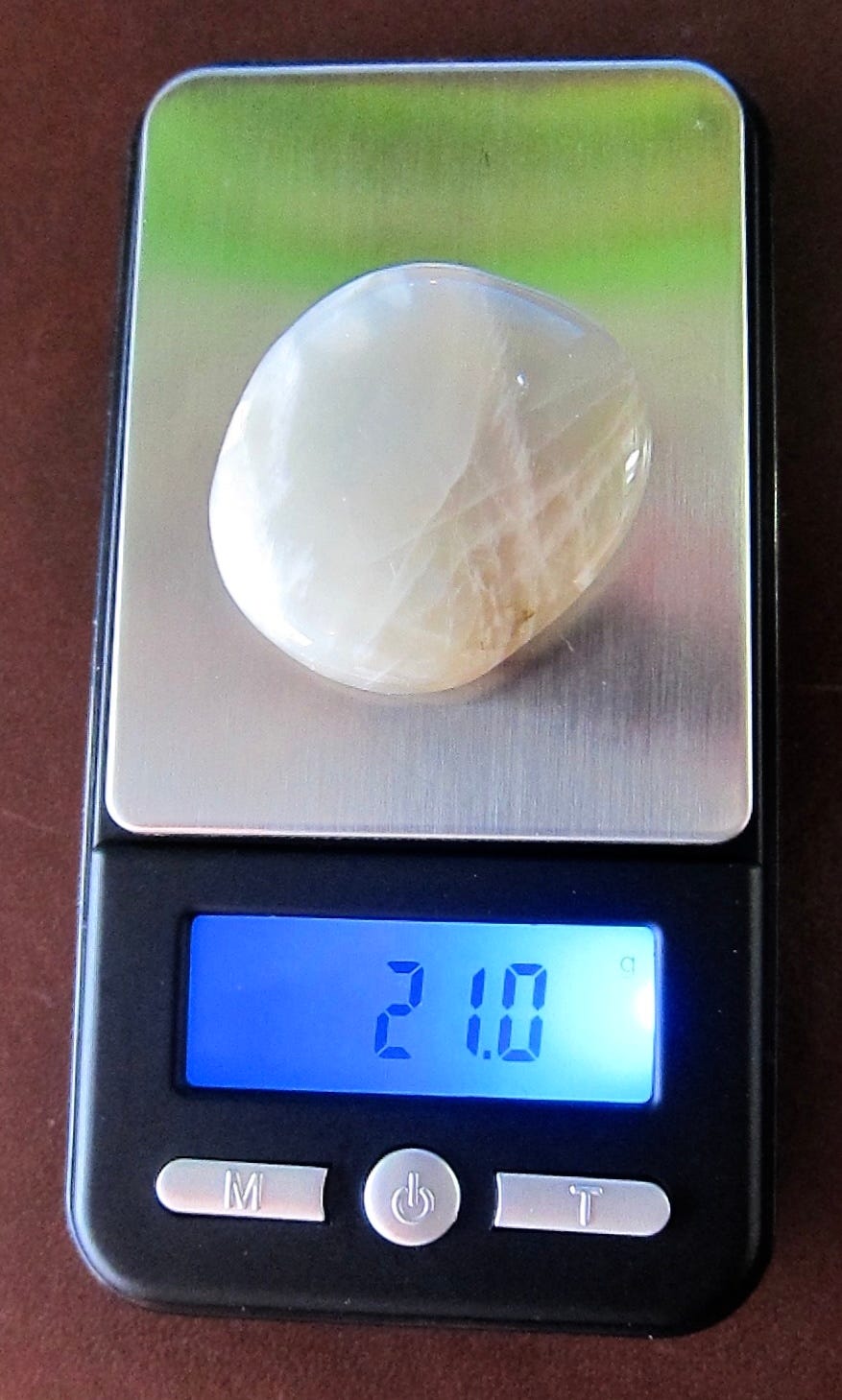Question: What happens when you die?
Answer: The end of the song but not the music.
“It’s like asking what happens to my fist when I open my hand,” wrote Alan Watts.
William Blake called it “removing from one room to another.”
Poet Emily Dickenson: “A new road.”
Consciousness, wrote Timothy Leary, “returns to the genetic code… becoming infinite.”
Plato and Aristotle both believed that the immortal, eternal soul is imprisoned within a vessel we call the body.
Which all translates to this: The story you made up about yourself and considered “reality” is gone after 21 grams of consciousness decouples from dead cell matter and graduates from your soul to a spirit that returns without physical restraint—and with universal consciousness—to the Stardust Continuum from whence it came.
Some believe transcending the vessel that carries your soul should be celebratory, not a sad, solemn occasion.
Epictetus: “Don’t dread death; dread the fear of death.”
Richard Bucke: “Once you’ve awakened to cosmic consciousness, the fear of death falls off like an old cloak.”
Let go and breathe it all out in celebration of a lived life.
Timothy Leary was dying from prostate cancer when he wrote Design for Dying: “Instead of treating the last act of your life in terms of fear, weakness, and helplessness, think of it as a triumphant graduation. Friends and family members should treat the situation with openness, rather than avoidance. Celebrate, Discuss. Plan for that final moment.”
And this perspective from Out of Your mind by Alan Watts: “We should congratulate those about to die, because the time just before you die is a wonderful opportunity for liberation. Death isn’t terrible—it’s just going to be the end of you as a system of memories. You can give your possessions away and say what you need to say. When the moment comes, the main thing is your attitude, and death could be as positive as birth and should be a matter for rejoicing. Go out with a bark instead of a whimper.”
But before that day comes: Memento Vivre (remember you must die so remember to live). The stoics of Rome and Greece implored people to keep death in mind all the time as a means of deeply appreciating life.
Which all boils down to this: Don’t spend precious time fretting about transcendence but instead respect the mystery and revel in it. When your time comes, relax and enjoy the ride—and the adventure to come.
Question: Tangentially, what do you feel when you die?
Best described by Stanislav and Christina Grof in their book The Gates of Consciousness (Beyond Death): “The culminating experience is one of transcendental peace, with visions of supernatural beauty and the sound of celestial music… ecstatic feelings of timelessness, weightlessness, serenity, and tranquility. There are many descriptions of passing through a dark enclosed place referred to as a tunnel, cave, funnel…”








